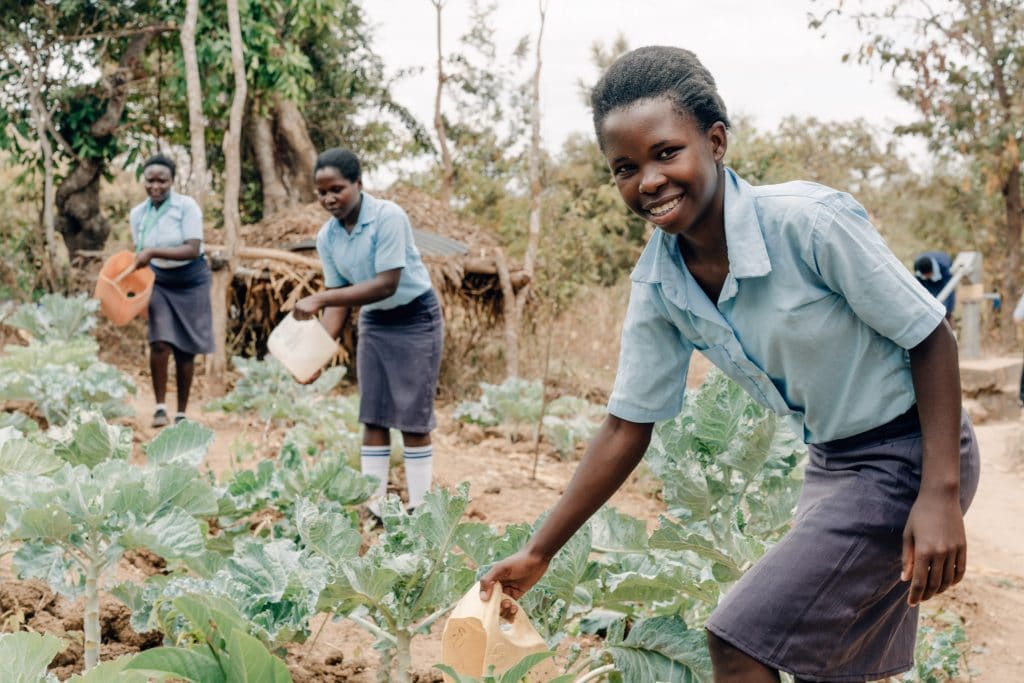- About
- Topics
- Picks
- Audio
- Story
- In-Depth
- Opinion
- News
- Donate
- Signup for our newsletterOur Editors' Best Picks.Send
Read, Debate: Engage.
| August 03, 2016 | |
|---|---|
| topic: | Women's rights |
| tags: | #Kenya, #Table banking, #women poverty |
| located: | Kenya |
| by: | Bob Koigi |
It is a story that reverberates across thousands of Kenyans, the majority of them women, who remain without bank accounts, but who have found a new saving and lending scheme that has gained prominence and disrupted the dynamics of financial markets.
Although Kenya has made impressive inroads in financial inclusion for its populace, thanks in part to a booming technological revolution which has introduced new financial models like mobile banking, up to 32 per cent of the population still remains "unbanked" according to reports.
Most of the unbanked are those that are in the lowest tier of the economy, and who financial institutions have shunned.
But a new model has disrupted the equation. Dubbed 'table banking', it has become a favourite among Kenyan women. The model involves groups of women meeting and making contributions within a set period of time, usually monthly. Every member places their contribution on the table, explaining the origin of the name table banking.
Members record their contributions in passbooks. The money, which the members refer to as shares, does not leave the meeting point. Members borrow from the kitty and are entitled to loans of up to three times their savings. Depending on the nature of the loan, members pay one per cent interest for short term loans whose repayment is not more than 36 months, or 10 per cent interest for longer-term loans.
They are therefore able to insulate themselves from the prohibitive interest rates on loans charged by financial institutions. The cheapest interest on a commercial bank loan in Kenya is 15 per cent according to recently released data by the Central Bank of Kenya, the Kenyan banking sector regulator.
Mwongela belongs to Muthakwa Women Self Help Group that consists of 30 women in the outskirts of Kenya’s capital Nairobi. The group that has been in existence for the last six years has assisted its members to build homes, educate their children, buy land and invest in businesses.
Mwongela contributes Ksh 5,000 (€45) every month, a contribution she has increased based on the performance of her business. From the savings she has been able to take loans with flexible repayment terms. “I have never opened a bank account. I got scared hearing the terrible experiences of my friends with banks including strict loan requirement procedures. I had nothing when I was starting but I have grown my finances with table banking,” Mwongela said.
The model has also become popular among women because they don’t require security to acquire loans. Mainstream financial institutions in the country demand collateral for a bank customer to access loans, with land title deeds among the most preferred.
While women form the large bulk of those who take care of farms - about 80 per cent - traditionally land belongs to men with a paltry 5 per cent of women owning the title deeds according to the Kenya Land Alliance.
“This means that women cannot access credit. And it has been this way for a long time. This explains why the table banking concept has grown tremendously within such a short time,” said Vitalis Oyugi, an accountant who has worked with over 50 womens groups who are practicing table banking.
“I took the first loan of €900 after religiously making small contributions for nine months. I managed to open my first business of selling second hand clothing. Now I have expanded my business to include a small cafeteria and groceries store. I have no problem borrowing because the repayment terms are so flexible. I don’t think I will ever talk of poverty again,” said Jacinta Kihuthu, a member of Light Shiners Self Help Group in Central Kenya.
But what has further incentivized Kenyans to take up table banking is how the model assists members in times of distress. For Jacqueline Njambi who had taken a loan to expand her boutique shop which was destroyed by an inferno, the members of her group agreed to fundraise to clear her loan and gave her another one to rebuild herself. Such generosity would not be possible with conventional financial institutions.
Currently, over 182,000 women in Kenya, belonging to 11,236groups, are involved in table banking. They control a revolving fund of Sh2.1 billion, or €19million, which has seen them invest in real estate, agriculture, retail and hospitality and use the model as a vehicle out of poverty, according to the Kenya Association of Investment Groups.
By copying the embed code below, you agree to adhere to our republishing guidelines.
